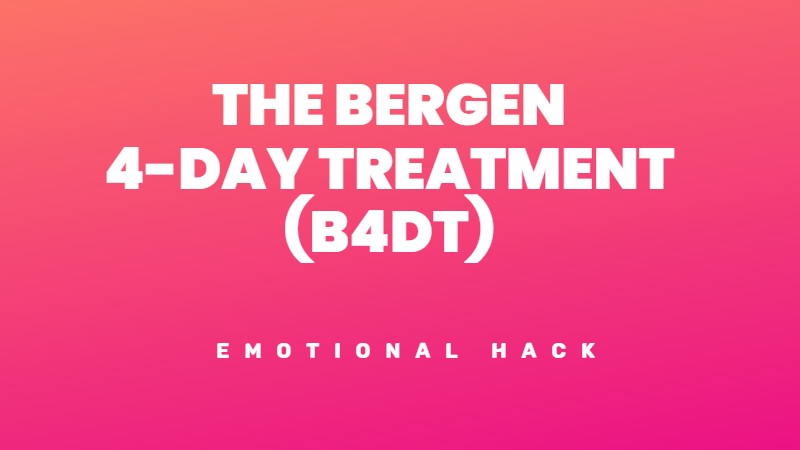Last year, I started noticing subtle changes in my energy levels. I’d wake up feeling sluggish, and that midday slump? It hit harder than ever before. I chalked it up to stress, work, and life in general. Then, a friend mentioned something that caught my attention: NAD+. I soon learned that this little-known coenzyme is responsible for keeping our cells young. This led me down a rabbit hole of research, and what I found was eye-opening. It turns out declining NAD+ levels are a major culprit in the ageing process.
After starting an NAD+ supplement, the change in me was gradual but undeniable. It felt like a fog was lifting, revealing a more energetic, sharper version of myself. It was like rediscovering my younger self.
What is NAD+?
NAD+ (nicotinamide adenine dinucleotide) has become a popular supplement for anti-ageing and longevity. This coenzyme plays a vital role in cellular metabolism and energy production, and its levels naturally decline as we age. NAD+ supplementation aims to replenish these diminishing levels and potentially combat age-related health issues
NAD+ is a molecule found in all living cells that acts as a coenzyme in various metabolic processes. It exists in two forms: NAD+ (oxidized) and NADH (reduced). NAD+ is involved in hundreds of enzymatic reactions, including energy production, DNA repair, gene expression regulation, and cellular signalling. The body can synthesize NAD+ from various precursors, such as tryptophan, nicotinic acid, and nicotinamide.
Think of NAD+ as a helper molecule that assists other enzymes in performing their jobs. It plays a role in energy production, DNA repair, and cell signalling. It is essential for maintaining healthy cellular function. About 50% of NAD+ is found in the mitochondria, the powerhouses of cells.
NAD+ also helps maintain the integrity of your DNA. It is involved in DNA repair processes that prevent mutations and keep your cells functioning properly. Without enough NAD+, cells can accumulate damage, leading to ageing and disease.
Sources of NAD+
While the body naturally produces NAD+, it can also be obtained through dietary sources and supplements. NAD+ supplements typically come in the form of precursors like nicotinamide riboside (NR), nicotinamide mononucleotide (NMN), and nicotinamide (NAM). Foods that contain NAD+ precursors include:
Eating a diet rich in these precursors helps support NAD+ production. All athletes can increase NAD+ stores with supplementation, and it may be even more important for vegans and vegetarians.
Benefits of NAD+
NAD+ supplementation may offer several potential benefits for health and longevity:
Taking NAD+ orally seems to improve the quality of life in older adults. It is most effective when used along with a healthy diet and exercise.
Research and study results
Several studies have investigated the potential benefits of NAD+ supplementation:
NAD+ supplementation and brain function
NAD+ may have positive effects on cognition, including for older individuals. The brain uses a lot of energy, and NAD+ is essential for maintaining brain energy levels.
Research shows that NAD+ levels decline in the brain with age. This decline is linked to age-related cognitive impairments. Supplementation with NAD+ precursors has been shown to increase brain NAD+ levels.
One study from 2019 showed that supplementation with nicotinamide riboside improved cognitive function in older adults.
How to dose NAD+
NAD+ precursors are found in foods such as milk, fish, and green vegetables. NAD+ is also available as a supplement. The optimal dosage of NAD+ supplements may vary depending on the specific precursor and individual factors. Generally, the following dosages have been used in human studies:
It is recommended to start with a lower dose and gradually increase as needed. Consistency is key, and taking the supplement regularly is essential for optimal results. Always follow the manufacturer’s instructions and consult a healthcare provider before starting any new supplement regimen.
NAD+ can be taken long-term, but constant use may not be necessary. We recommend supplementing for a few months. Consider taking a break from it during periods of recovery.
Side effects
NAD+ supplements are generally well-tolerated, but some people may experience mild side effects, such as:
These side effects typically subside as the body adjusts to the supplement. If persistent or severe side effects occur, discontinue use and consult a healthcare provider.
Precautions and warnings
NAD+ has an excellent safety profile. It has been extensively studied. There are specific situations where extra caution is warranted.
As with any supplement, individual responses may vary, and monitoring your body’s reaction closely is essential.




Leave feedback about this